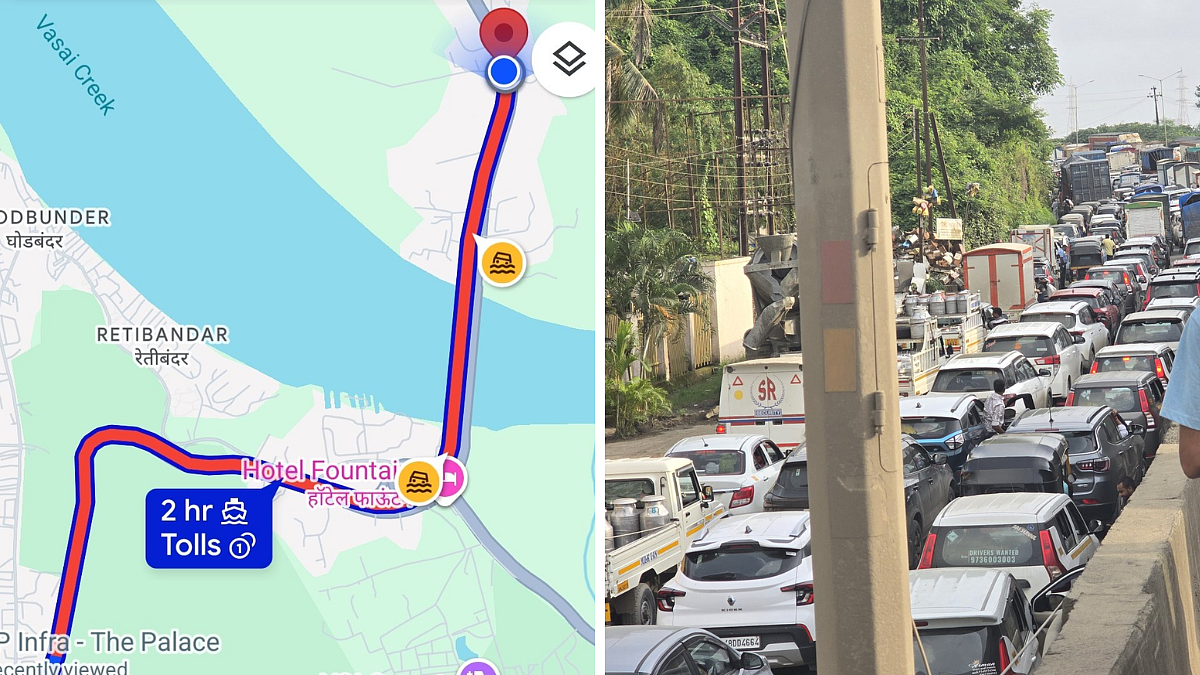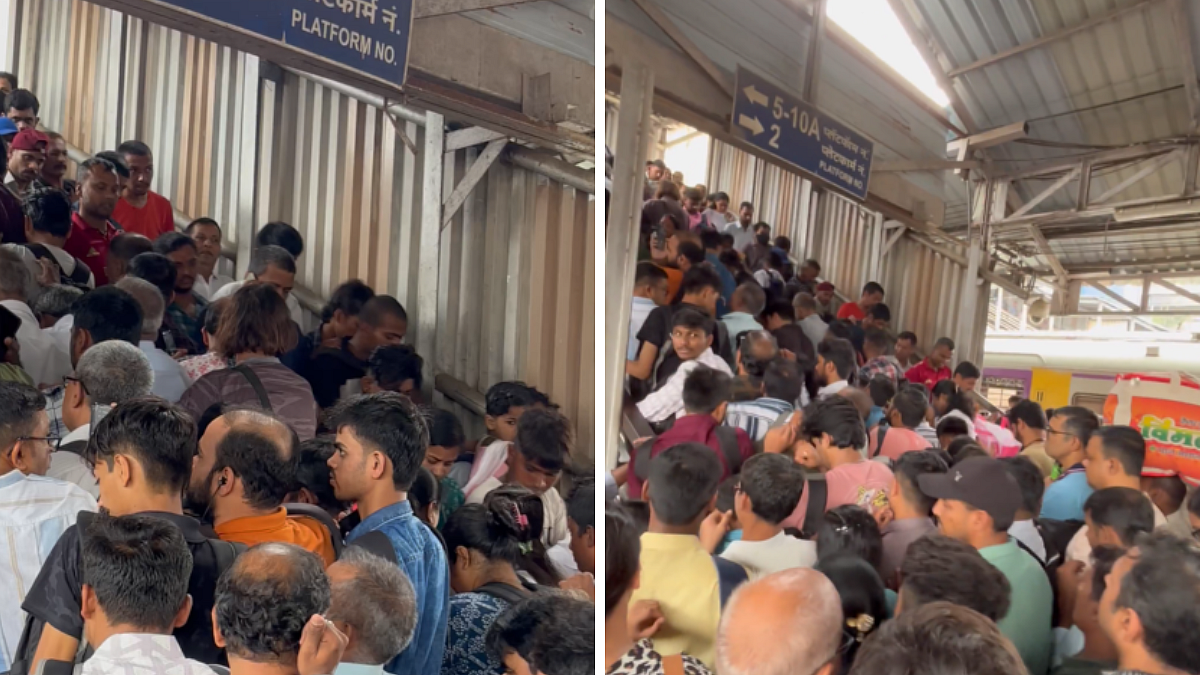A critical ailment is one that no one prepares for despite knowing that it is a reality of the present time. You are happy and healthy, and one diagnostic test later, you realise that you have cancer. As you process the news, you also learn that your regular health insurance plan may not be sufficient to bear the treatment expenses. What do you do? The same thought can be why you can’t decide which plan to buy. Should it be a comprehensive plan, or should you buy one covering critical illnesses? Well, let’s discuss more.
What is Medical Insurance?
Medical insurance, also known as health insurance, covers your healthcare expenditures like hospital expenses (an emergency or planned hospitalisation), costs related to domiciliary care, and more. It safeguards your finances by covering the treatment costs up to the sum insured. Medical insurance is an indemnity-based health plan, meaning the insurer will compensate for the costs incurred. For instance, if your policy has a sum insured of INR 5 lakhs, and your bill amounts to INR 3 lakhs, the insurer will pay the bill amount only minus the deductible, which has to be borne by you. There are different categories of health insurance plans, such as individual health insurance, family floater, group health insurance, senior citizen health insurance, and critical illness insurance.
What is Covered in a Health Insurance Policy?
Apart from hospitalisation bills, health insurance also provides comprehensive coverage for the following –
Pre- and post-hospitalisation expenses: Insurance typically covers the costs incurred up to 30 days before hospitalisation and 45-90 days post-hospitalisation, i.e., after you get discharged. The duration covered may vary from insurer to insurer.
Daycare treatments: Those procedures/surgeries that do not require 24 hours of hospitalisation, such as cataract surgery, chemotherapy, dialysis, etc., are covered by your healthcare plan.
Domiciliary care: Insurance will cover the costs if your doctor approves treatment at home due to the non-availability of hospital beds or if the insured cannot be shifted to a hospital.
Other benefits: These include organ donor expenses, treatment of mental illnesses, AYUSH treatments, lifelong renewability, and free health check-ups on renewal of your policy.
What’s not Covered?
Injuries sustained while participating in adventure sports like scuba diving, bungee jumping, skiing, etc.
Self-inflicted injuries or attempted suicide
Injuries caused by war
Injuries while participating in Defence operations
Cosmetic treatments
Treatments for sexually transmitted diseases
What is Critical Illness Insurance?
A critical or life-threatening illness requires extensive treatment. These treatments, including multiple hospital visits, doctor’s fees, and diagnostic tests, are pretty expensive and can lead to financial distress. Critical illness insurance is a type of insurance which provides financial support against specific critical illnesses and ensures your savings are safeguarded. It is a fixed-benefit plan that provides lump sum compensation to the policyholder for being diagnosed with a critical illness covered by the policy.
A prolonged stay in the hospital can lead to loss of income and derail your finances, mainly if you are the family’s sole earning member. This lump sum can be used for medical and miscellaneous expenses, such as compensating lost income, paying off debts, children’s education, etc. Add a critical illness rider to your base health insurance policy or buy a standalone plan.
Some critical illnesses covered by such plans include cancer, stroke, heart attack, kidney failure, paralysis, brain tumour, multiple sclerosis, organ transplant, etc.
Features of Critical Illness Insurance
Lump sum amount: On diagnosis of a critical illness covered by your policy, the insurer will pay a lump sum amount, irrespective of the cost of treatment. This amount can be used how you want, i.e., for medical and non-medical purposes.
Waiting period: The waiting period for critical illness insurance can range between 90 and 180 days from the date of policy issuance; it varies between insurers.
Survival period: To avail of the benefits, the insured has to survive a certain period after being diagnosed with a critical ailment.
Easy access to claims: There are no hassles of providing bills or other documents when making a claim. You have to provide evidence of the diagnosis.
Tax benefits: You are eligible for tax benefits under Section 80D of the Income Tax Act.
Medical Insurance Vs. Critical Illness Insurance
Understanding the key differences between medical insurance and critical illness insurance will help you make a well-informed decision –
Coverage: Medical insurance provides comprehensive coverage, i.e., hospitalisation expenses due to accidents, ailments, or injuries, daycare treatments, domiciliary care, mental illness, AYUSH treatments, organ donor expenses, etc. Critical illness insurance, on the other hand, provides coverage against critical ailments only.
Type of plan: Medical insurance is an indemnity-based plan covering the costs incurred. You have to submit bills and other documents to get the claim amount. On the contrary, a critical illness insurance policy is a fixed-benefit plan. You will get a lump sum payout, no matter the expenses, and there is no need to submit any bills.
Waiting period: A health insurance plan has a more extended waiting period for pre-existing conditions and specific ailments, ranging between 1 and 3 years. However, a critical illness insurance policy has a waiting period of 90-180 days only.
Survival period: This is not applicable in the case of a health insurance policy. In critical illness policy, the insured must survive a certain period after getting diagnosed with a vital ailment to get coverage benefits.
Policy tenure: A health insurance plan is valid till the policy expiry date or until the sum insured gets exhausted. A critical illness policy is valid until a claim is made or until the policy expires.
Who should you buy Critical Illness Insurance?
People with a family history of such illnesses should invest in a critical illness insurance policy because certain diseases are hereditary, and there are chances of developing a critical illness for such individuals.
People above the age of 40 should consider buying this plan, as the risk of developing critical illnesses is higher after you cross 40.
People working in high-stress environments should consider purchasing this policy.
Suppose you are the family’s sole earning member. In that case, it is prudent to buy a critical illness insurance plan to compensate for loss of income and other miscellaneous expenses in case you get diagnosed with a life-threatening condition.
Do I need both medical insurance and critical illness insurance?
A medical or health insurance policy is non-negotiable considering the high healthcare costs. It offers financial protection during a medical emergency or planned hospitalisation but may be inadequate to cover any critical illness's prolonged and exorbitant treatment costs. Moreover, being an indemnity-based plan, it will only cover the actual hospital expenses incurred up to the sum insured. However, a critical illness insurance policy is specifically meant to cover critical ailments, and the insurer will provide a lump sum payout if you are diagnosed with a specific critical illness covered by the plan. You can use this amount as per your need, such as paying off debts, meeting day-to-day expenses, or paying for children’s education, and not necessarily on medical costs only.
Suppose you are at risk of developing a critical illness due to family history, lifestyle, or work environment. In that case, you must buy both policies to stay protected against the financial risks.
Conclusion
Both health insurance policy and critical illness insurance have their benefits. While health insurance is necessary to stay prepared for emergencies, investing in a critical illness insurance plan depends on the above factors. You can buy it as a standalone policy or opt for an add-on cover to your existing health insurance policy based on your needs.
Disclaimer: The above information is for illustrative purposes only. For more details, please refer to the policy wording and prospectus before concluding the sales.
.jpg?width=1200)










